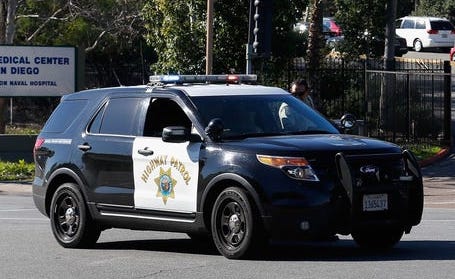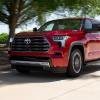
Ford Explorer Carbon Monoxide Lawsuit Filed
A lawsuit has been filed by six Washington state troopers alleging their Ford Explorer SUVs made them sick due to carbon monoxide poisoning. The suit calls out 2014-2017 Police Interceptor Explorers. Saying Ford knew about the problem they say “Ford has recently issued an emission recall notice for all Ford Interceptor SUVs built between 2011-2018.”
Ford spokesman Mike Levine says, “As we have previously said, carbon monoxide concerns in Police Interceptor Utilities are related to unsealed holes from the installation of police equipment by third parties after the vehicle was purchased.”
Many States Reporting
It would seem that concerns about possible carbon monoxide impairment have been reported beyond Washington. In Newport Beach, California, police officer Brian McDowell reported to CBS News in 2017 he was responding to a call in his 2014 Explorer when he passed out, crashing into a tree.
In 2017 many police departments around the country installed carbon monoxide detectors in Explorers. In Auburn, Massachusetts, Fire Captain Shawn Steel said one-third of the police cruisers were taken out of service, according to CBS News.
Troopers in the Washington suit allege faulty exhaust, heating, ventilation, or air conditioning systems allow “exhaust odor and gases, including carbon monoxide to enter the passenger compartment of vehicles while in use.” This causes headaches, dizziness, nausea, and potentially life-threatening situations according to the suit.
Numerous Complaints Lodged
Troopers have lodged numerous complaints to the National Highway Traffic Safety Administration, resulting in them opening a federal investigation into the allegations. According to the suit, “The defect is not new to Ford. They issued Technical Service Bulletins to its exclusive network of dealers, recognizing the presence of exhaust odors and fumes.”
Of note are reports of “three crash events and 25 injury incidents citing a total of 41 injuries. The alleged injuries range from unspecified to loss of consciousness with a majority indicating nausea, headaches, or light-headedness. One police incident alleged a crash with related injuries, and a second police incident reported a physiological injury allegedly from carbon monoxide exposure. Another reported police incident resulted in a rollover crash event with injuries.”
After federal safety officials began investigating in 2016 over 1,300 Explorer owners have reported issues. In 2017 they expanded their investigation telling reporters they were aware of the complaints and accidents possibly linked to carbon monoxide exposure, as well as the injuries to police and civilians.
1,300 Owners Report Issues
This week the NHTSA sent this statement to the Detroit Free Press who first reported on the suit, “Safety drives everything we do at NHTSA. The agency’s investigation into the model year 2011-2017 Ford Explorer SUVs is ongoing. Steps include: testing multiple civilian and law enforcement vehicles; conducting field inspections of complaint vehicles and crashes involving police units; evaluating consumer complaints; and monitoring the effectiveness of Ford’s customer service repair campaigns. NHTSA will publicly release the agency’s conclusions when the safety defect investigation is completed.”
“No Substantive Data”
Ford responded by stating, “no substantive data or actual evidence … has been obtained supporting a claim that any of the alleged injury or crash allegations were the result of carbon monoxide poisoning, the alleged hazard.”



